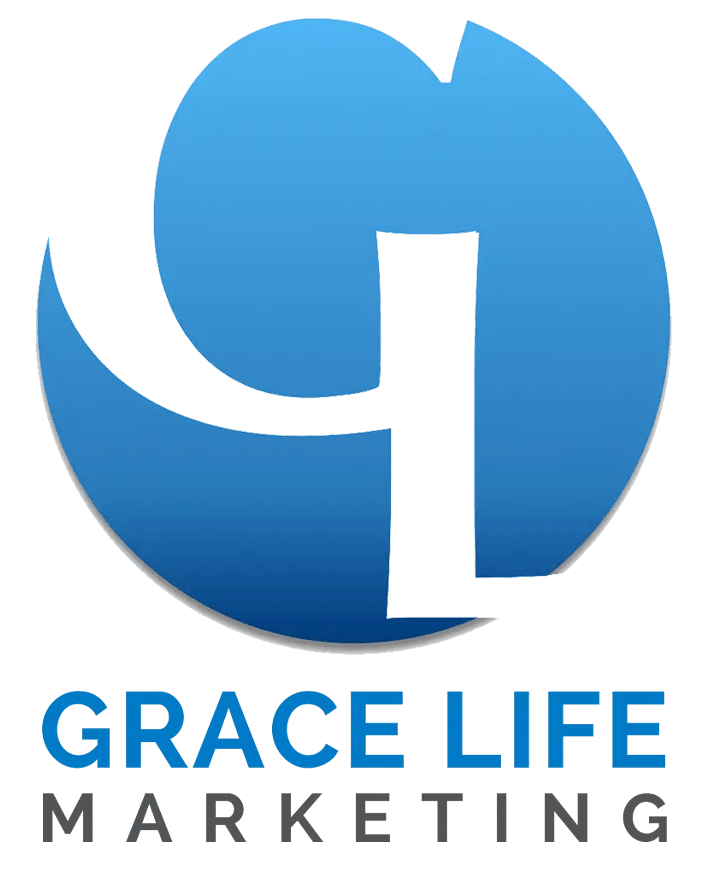Grace Life Marketing Awarded 2022 & 2023 Best of Georgia in Digital Marketing & 2024 Readers Choice Award.
Strategic Spending: How Investing in Marketing Can Maximize Your Tax Deductions
Tax season is a time when businesses look for opportunities to minimize their tax liability while strategically investing in growth. One avenue that often goes underutilized is the potential to maximize tax deductions through marketing expenses. In this blog post, we'll explore the smart and strategic ways businesses can leverage marketing investments to not only boost their brand but also optimize their tax deductions.
Understand Tax Deductible Marketing Expenses:
Before diving into your marketing strategy, familiarize yourself with the IRS guidelines on deductible marketing expenses. Typically, expenses that directly relate to the promotion and advertising of your business are eligible for deductions. This can include costs associated with online and offline advertising, website development, promotional materials, and even certain event sponsorships.
Invest in Digital Marketing:
Digital marketing offers a plethora of opportunities to enhance your online presence and, at the same time, maximize tax deductions. Allocate funds to online advertising campaigns, search engine optimization (SEO), and social media marketing. These expenses not only contribute to your business growth but are often fully deductible as they directly impact your brand visibility and customer reach.
Develop a Professional Website:
A well-designed and functional website is a crucial component of any modern business. Investing in your online presence by developing or updating your website not only improves customer experience but can also be considered a tax-deductible expense. Expenses related to website design, hosting, and maintenance can often be claimed as business expenses.
Printed and Promotional Materials:
Whether it's business cards, brochures, or branded merchandise, investing in printed and promotional materials is a tangible way to promote your business. These expenses are generally deductible and contribute to both online and offline marketing efforts. Just be sure to keep detailed records of these expenditures for tax documentation.
Training and Educational Events:
Attending industry conferences, workshops, or training events can significantly benefit your business. Not only do these activities enhance your skills and knowledge, but they can also be considered tax-deductible business expenses. Make the most of these opportunities to network, learn, and improve your marketing strategies.
Document and Keep Records:
Proper documentation is key when claiming tax deductions. Keep thorough records of all your marketing expenses, including receipts, invoices, and any relevant contracts. This documentation will serve as evidence in case of an audit and ensure that you can substantiate your claims.
Consult with a Tax Professional:
Tax laws can be complex and subject to change, so it's wise to consult with a tax professional or accountant. They can provide guidance on the specific deductions applicable to your business and help you navigate the nuances of tax regulations.
Conclusion:
Maximizing tax deductions by strategically investing in marketing is a win-win for businesses. By allocating resources to activities that enhance your brand, reach new customers, and boost your bottom line, you not only fuel business growth but also optimize your tax liabilities. Take a proactive approach to planning your marketing expenditures, stay informed about tax regulations, and consult with professionals to ensure you're making the most of this powerful strategy for financial success.










ABOUT THE AUTHOR
GRACE LIFE MARKETING
At Grace Life Marketing, we offer a comprehensive range of marketing services to help businesses thrive in the digital landscape. From expert website design and social media management to captivating videography and stunning product photography, our team is dedicated to delivering top-notch results. We also excel in social media advertising and strategic content marketing to effectively engage your target audience.

CONTACT US
Want more info?
Contact Us
We will get back to you as soon as possible.
Please try again later.